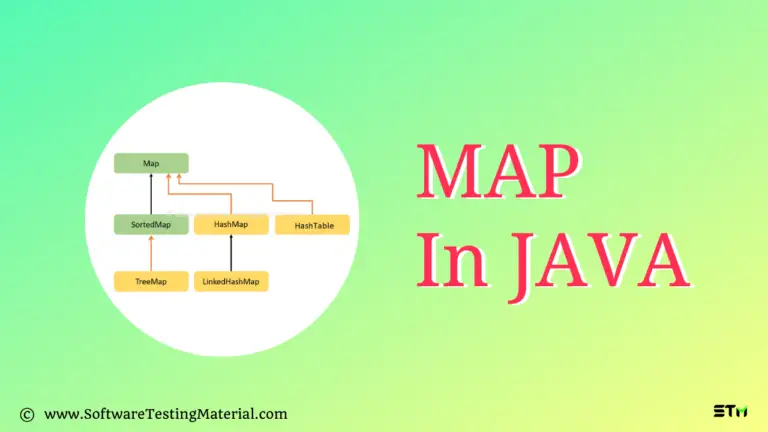Interface in Java | Java Tutorial
Earlier we have learnt abstract class. We learnt that with abstract class we can achieve partial abstraction and with interface we can achieve 100% abstraction. Let’s see how we can achieve 100% abstraction with Interface in this post.
Abstraction is a methodology of hiding the implementation of internal details and showing the functionality to the users.
An interface in Java looks similar to a class but both the interface and class are two different concepts. An interface can have methods and variables just like the class but the methods declared in interface are by default abstract. We can achieve 100% abstraction and multiple inheritance in Java with Interface.
Points to remember:
1. Java interface represents IS-A relationship similar to Inheritance
2. Interface cannot be instantiated same like abstract class
3. Java compiler adds public and abstract keywords before the interface methods
4. Java compiler adds public, static and final keywords before data members
5. Interface extends another interface just like a Class extends another Class but a class implements an interface.
6. The class that implements interface must implement all the methods of that interface.
7. Java allows you to implement more than one interface in a Class
Let’s see some example program:
To create an interface – Right click on your project – New – Interface
package interfaceClass;
public interface MyInterface {
// Compiler treats it as public abstract void myMethodOne();
// Below method has no body
public void myMethodOne();
}
Now create a class and implements it with the above interface
package interfaceClass;
public class MyClass implements MyInterface{
public static void main(String [] args){
MyInterface obj = new MyClass();
obj.myMethodOne();
}
// Try to comment the below method myMethodOne and see. You will face a compilation erro.
// As per the rule, this class must implement the abstract method of interface
@Override
public void myMethodOne() {
System.out.println("Implementation of myMethodOne");
}
}
Interface extends another interface but interface cannot implement another interface.
Now let’s see how interface extends another interface by creating two interfaces. If an interface (say MyInterfaceTwo) extends another interface (MyInterfaceOne). Now if a Class implements the interface InterfaceTwo then this class has to provide implementation of all the methods of both interfaces (MyInterfaceOne and MyInterfaceTwo)
To create an interface – Right click on your project – New – Interface
package interfaceClass;
public interface MyInterfaceOne {
// Compiler treats it as public abstract void myMethodOne();
// Below method has no body
public void myMethodOne();
}
Let’s create another interface
package interfaceClass;
public interface MyInterfaceTwo extends MyInterfaceOne{
// Compiler treats it as public abstract void myMethodTwo();
// Below method has no body
public void myMethodTwo();
}
Let’s create a Class
package interfaceClass;
public class MyClass implements MyInterfaceTwo{
public static void main(String [] args){
MyInterfaceTwo obj = new MyClass();
obj.myMethodTwo();
}
// If you comment below two methods, you can see a compilation error
/*This class is just implementing MyInterfaceTwo but
it has to implement all the methods of MyInterfaceTwo and MyInterfaceOne as well
because MyInterfaceTwo extends MyInterfaceOne*/
@Override
public void myMethodOne() {
System.out.println("Implementation of myMethodOne");
}
@Override
public void myMethodTwo() {
System.out.println("Implementation of myMethodTwo");
}
}
Output:
Implementation of myMethodTwo
Must Read: Java Tutorial





